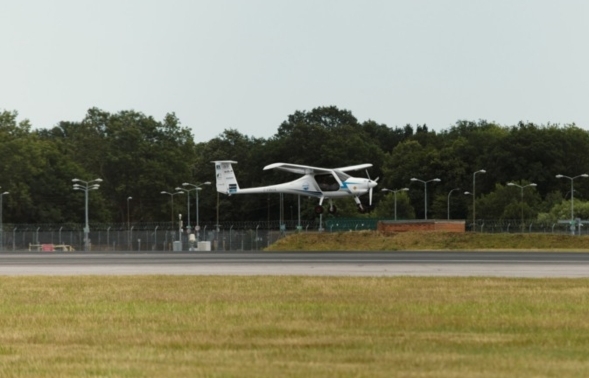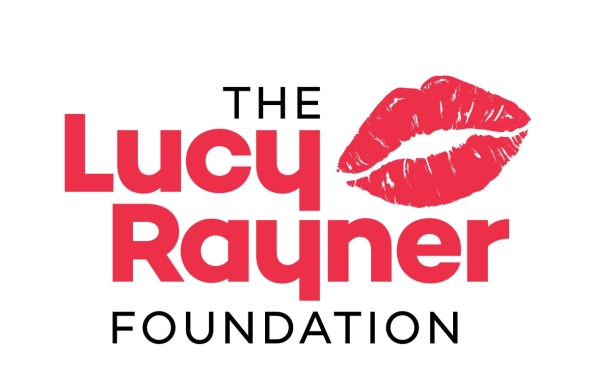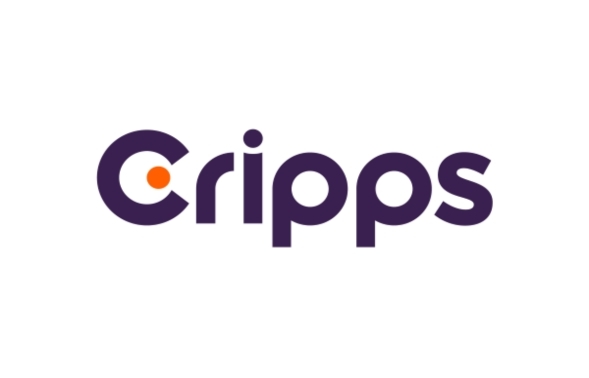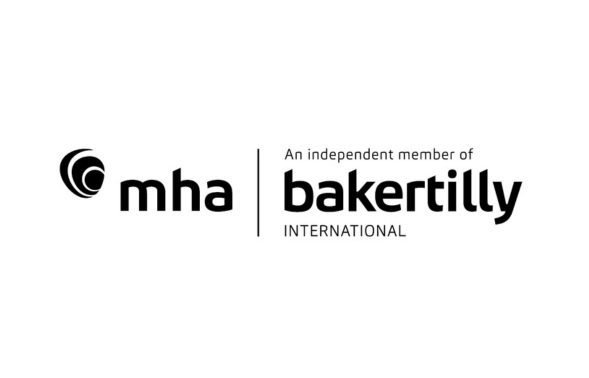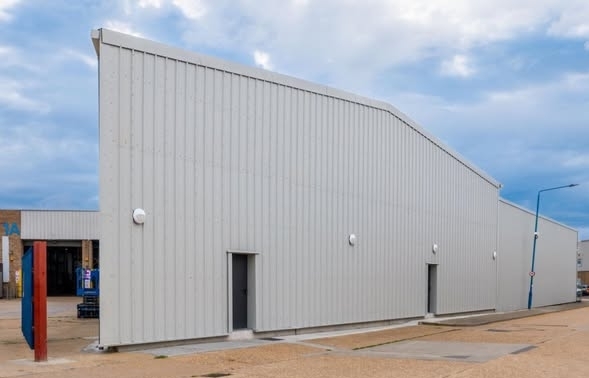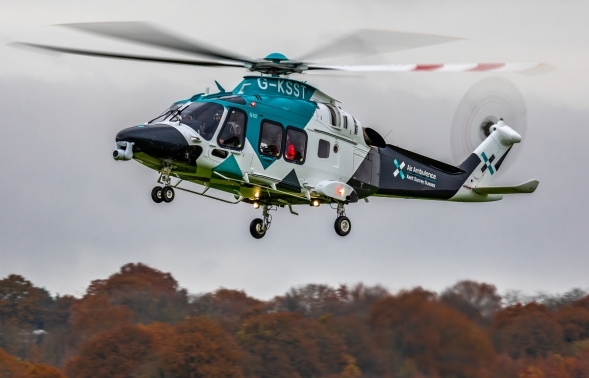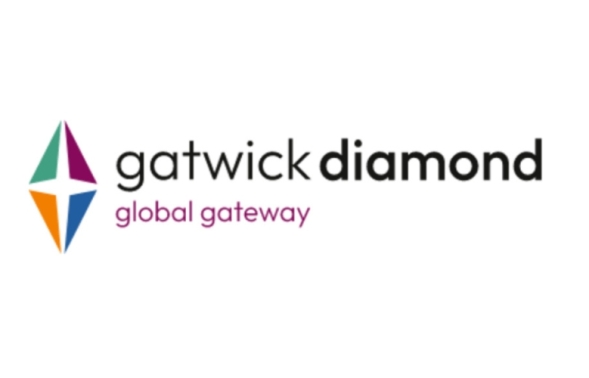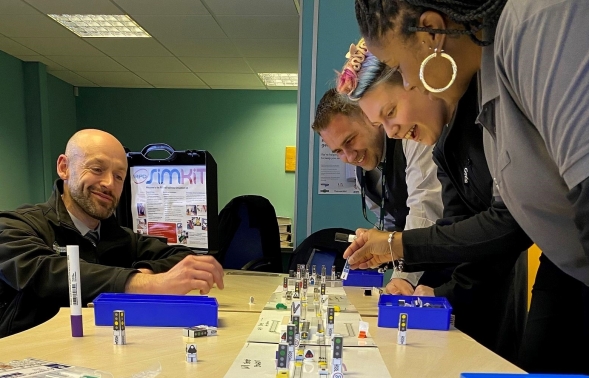People 40 and Over to Get Their Lifesaving Booster Jab Three Months on From Second Dose. People aged 40 and over, along with those in high risk groups, will be able to book in for their life-saving Covid booster jab three months after their second dose as the NHS vaccine programme is extended today.The online booking system for vaccines will be updated this morning and details will be updated on the system throughout the day.
People in those groups no longer have to wait six months after their second dose to top up their protection. From today, people in their forties can book their top up jab a month advance - two months on from their second dose. Almost seven million people will be able to book appointments from today as part of the booster push which comes amid a renewed threat from the Omicron variant.
The rollout comes exactly a year since the NHS made history by delivering the world's first Pfizer jab and the first national Covid vaccination programme. Since then, the NHS Covid-19 vaccination programme, the biggest and most successful in the health service's history, has delivered almost 100 million jabs. The NHS has also today launched a campaign to recruit tens of thousands more vaccinators and volunteers to support the expansion of the programme, urging the public to sign up if they can help.There have been 42,900,000 first doses, 36,100,000 second and 17,500,000 top-ups.
NHS chief executive Amanda Pritchard said: "The biggest and most successful vaccination drive in health service history is entering its most complex phase and is continuing at speed in the run-up to Christmas. "On the anniversary of the first vaccine in the world, the latest update from the NHS means an additional seven million people aged 40 and over will be able to book in for their life-saving booster and will be invited two months on from their second dose, a month in advance of becoming eligible. "NHS staff continue to work flat out to protect their communities and are now once again working to expand the programme at scale. "There is a lot we do not know about the Omicron variant but experts believe that even if existing vaccines are less effective they will give protection. "So I would urge anyone eligible to come forward as soon as possible, and to keep checking for appointments in their area."
Health and Social Care Secretary Sajid Javid said: "We are boosting our booster programme to get more jabs in arms more quickly and from today, millions of people over the age of 40 in England will be able to pre-book their booster jab two months after their second dose, a month ahead of them becoming eligible for their top up vaccine. "We are halving the gap that people have to wait to get their booster to three months - prioritising those most at risk of serious illness and strengthening our collective defences in light of the Omicron variant, as this virus goes on the advance this winter." Vaccines Minister Maggie Throup said: "From today, millions of people over the age of 40 in England will be able to come forward and book a booster jab three months after their second dose. "Our COVID-19 vaccination programme has been a huge success and we have one of the highest uptake rates in the world - more than 85% of adults double jabbed so far and more than 20 million people have received a third dose or booster giving them vital protection ahead of winter and in light of the Omicron variant. "We are working around the clock to boost the booster programme by opening up the booking platform, bringing onboard military personnel, opening extra pharmacy sites, hospital hubs and pop-up sites with thousands of invites sent out for volunteers to support the drive."
Dr Jenny Harries, Chief Executive of UKHSA, said: "With increasing numbers of confirmed Omicron cases across the country, vaccination is critical to bolster our defences against this new variant. Please get your first, second or booster jab without delay." All eligible adults can now book their life-saving booster jab two months (61 days) after their second dose using the NHS national booking system, getting their top-up in protection three months (91 days) on from their second dose following updated JCVI guidance. Hundreds of hospitals are already jabbing their staff and have now been asked to vaccinate other local NHS workers, eligible patients, and social care staff as well as the programme expands Around 30 hospitals are already offering jabs to the public through the national booking service with more set to open.
There are almost 3,000 vaccination sites across the country - 1,300 more than in February, with an additional 300 pharmacies coming online in recent weeks as the programme enters the most complex stage of the rollout. In line with JCVI guidance, the NHS is inviting people most at risk from the virus first and is working through age groups in stages before opening up to other age groups. The NHS is asking people to keep checking for appointments once the system updates, as more become available every day. The announcement comes on the anniversary of the first vaccine when the NHS made history by delivering the first vaccine to Maggie Keenan in Coventry on 8 December 2020.
The NHS intends to offer every eligible adult an opportunity to book in for their booster jab by the end of January. UKHSA and NHSE have worked in partnership to ensure that the necessary clinical guidance is in place to ensure a large number of people can deliver the next phase of the booster programme in vaccination centres up and down the country. People can get their vaccine by booking online through the National Booking Service or by calling 119, and GP practices are also inviting those who are eligible.
The NHS is getting ready to offer a COVID-19 booster to everyone aged 18 or over
This week it was announced that all adults will be offered a COVID-19 booster by the end of January. It was also announced that the time between a second vaccine and a booster will be reduced from six months to three, and that 12 to 15 year olds are recommended to have a second vaccine. After the JCVI made their announcements on Monday, the NHS confirmed that those at greatest risk will continue to be prioritised and the current eligible groups remain at this time. Younger groups will then start to be invited in descending age order over the coming weeks. The NHS will be in touch to let people know when it's their turn. We are urging anyone who isn't yet eligible to please wait to be contacted by the NHS for your booster. Please don't attend a walk in service as at the current time we cannot offer it to you. If you are 40 and over, or 16 and over in one of the clinical at risk groups and you haven't yet had your booster or got an appointment - please use the National Booking System website or 119 to arrange your vaccine. We have added more than 10,000 appointments per week across our services in the last week and more appointments are added every day. If you have a booked appointment, please make sure you attend this and receive your booster vaccine. To date more than 3 million vaccinations have been given in Sussex, with more than 70,000 vaccines being offered each week.
Pregnant women urged to get COVID-19 jab as data from England shows it is safe
We are urging pregnant women to get the COVID-19 jab, after new analysis by the UK Health Security Agency in women giving birth showed COVID-19 vaccines have good safety record in pregnant women. The analysis looked at
4
women who gave birth up to August this year and, reassuringly, found that there is a similar very low risk of still birth, prematurity and low birth weight in vaccinated and unvaccinated women. However, people who are vaccinated are far more protected against serious COVID-19 than those who are unvaccinated. We already know that getting vaccinated is the best way to protect yourself from serious illness. If you haven't already been vaccinated, this new information should add to the reassuring safety data. This accumulating evidence will also allow midwives and other health professionals to provide better information to pregnant women and help to drive uptake higher.
COVID-19 vaccines have now been administered to thousands of pregnant women in this country. In the 8-month period between January and August 2021, 355,299 women gave birth - of whom 24,759 had received at least one dose of COVID-19 vaccine prior to delivery. Existing evidence shows women with COVID-19 disease in later pregnancy are at increased risk of severe disease requiring hospital and intensive care admission.Vaccines are effective at preventing severe disease - no fully vaccinated pregnant women were admitted to intensive care with COVID-19 in England between February and the end of September 2021 (UK Obstetric Surveillance System data).
Every pregnant woman who has not yet been vaccinated should feel confident to go and get the jab, and this will help to prevent the serious consequences of catching COVID-19 in pregnancy.
Third COVID-19 jabs available to book online for people who are severely immunosuppressed
People who are severely immunosuppressed can now book their third COVID19 jab online. In line with Joint Committee on Vaccination and Immunisation (JCVI) guidance, those who are classed as severely immunosuppressed as a result of treatment, for conditions such as cancer or for those with long-term chronic conditions where their immunity is affected by medication, are eligible for a third dose eight weeks after their second dose. Adults who are eligible for a third dose of the COVID-19 vaccine and have
5
received a clinical referral letter from their doctor can now go online and book an appointment. The NHS COVID-19 vaccination booking service will offer an option to 'book my 3rd dose appointment' for adults who had a weakened immune system at the time they had a second dose. Although the number of people in this cohort can change over relatively short periods of time - for example patients may start chemotherapy or other treatments and so their eligibility for third and subsequent doses will change - around half a million are eligible for a third jab in England, and more than seven in 10 have already had theirs. The decision on when to get a third jab for people who are severely immunosuppressed is made between patients and their clinicians. In line with JCVI guidance, the third dose for those with severe immunosuppression should usually be given at least eight weeks after the second dose. The offer of a third dose for people who are severely immunosuppressed is separate to the booster programme.
Parents and carers urged to protect their two-and threeyear olds against flu and serious complications
The flu vaccination programme is well underway across the South East of England with thousands of parents and carers having already arranged for their children to be vaccinated. As a result of COVID-19 restrictions, influenza activity levels were extremely low globally last year. With social mixing and social contact returning towards pre-pandemic norms, it is expected that this will be the first winter that flu and COVID-19 will co-circulate. It is also anticipated that there may be a higher rate of flu infection. If you get flu and COVID-19 at the same time, research shows you're more likely to be seriously ill.If you have a 2 or 3-year-old pre-school child, please make an appointment with your GP practice for them to have their flu vaccine. Vaughan Lewis, Medical Director for NHS England and NHS Improvement's South East region, said: "Each year, the NHS vaccinates millions of people against flu, and this year it is even more important than ever that eligible children and adults take up the offer of a free flu vaccine, as we head towards
6
what is likely to be a very challenging winter for the NHS. "Infection with the flu virus has a serious impact on the health of thousands of people every winter, and getting your child vaccinated will protect them, and reduce the chance of them passing it to other family members and loved ones, so please book an appointment for your child as soon as possible." Flu symptoms can appear very quickly and include a high temperature about 38oC, an aching body, feeling exhausted, sore throat and runny nose and loss of appetite. Children may also become less active and get ear pain. The nasal spray flu vaccine is free on the NHS for:
• children aged 2 or 3 years on 31 August 2021 - born between 1 September 2017 and 31 August 2019 • all primary school children (reception to year 6) • all year 7 to year 11 children in secondary school • children aged 2 to 17 years with long-term health conditions
Three-year-old year Alana was vaccinated in October, her mother Sabahat Hassan, said: "It's really important that my daughter gets the flu jab each year as I don't want her to become unnecessarily unwell. "I also know that children can be super spreaders, and the last thing I would like would be for my parents to become unwell because I did not take up the opportunity to vaccinate my child." Even if your child had a flu vaccination last year, the type of flu can vary each winter, so it is recommended that they have the flu vaccine each year to boost their immunity. The nasal spray is safe and effective and offers the best protection for children aged 2 to 17 years. In some instances, the flu vaccine injection can be offered if the nasal spray vaccine is not suitable. However, please speak to your child's nurse or doctor if they are aged 2 or 3 and your schools' immunisations team if your child is in primary to Year 11 at school. Parents and carers of homeschooled children should contact their local community clinic.
